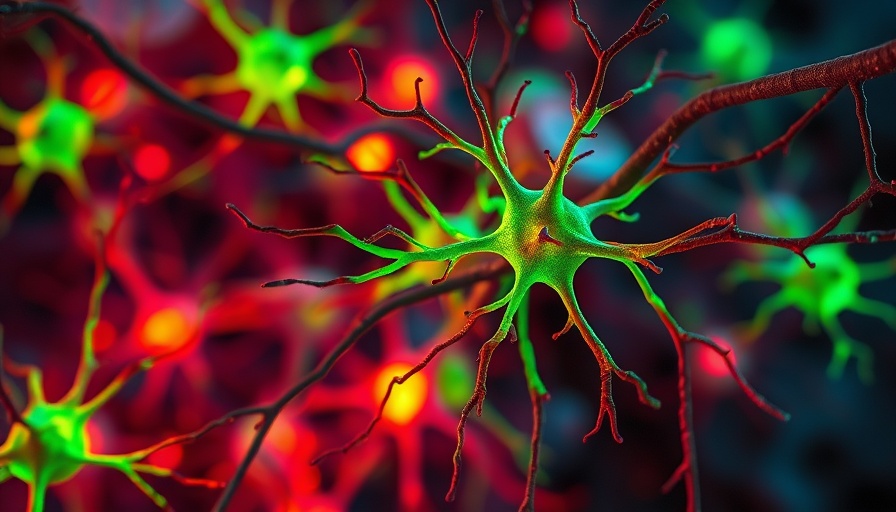
A Promising Solution for Mental Health Among Cancer Patients
In a groundbreaking Phase II clinical trial, researchers have uncovered that a single dose of psilocybin, a naturally occurring psychedelic compound found in certain mushrooms, can induce substantial improvements in mental health among individuals battling cancer and major depressive disorder. The study, published in the journal Cancer, focused on 28 patients who received psychological support alongside a 25 mg dose of psilocybin. Remarkably, two years post-treatment, over half of the participants reported a significant reduction in depression and anxiety, showcasing the potential of psilocybin as a viable treatment option.
The Study Design and Its Impact
In this study, patients experienced comprehensive psychological support from a trained therapist before, during, and after their psilocybin treatment. Of the 28 patients, 15, accounting for 53.6%, experienced substantial alleviation of depressive symptoms, while 14 (50%) entered periods of remission. Furthermore, 12 patients (42.9%) reported a decrease in anxiety. The long-lasting effects of psilocybin, noted by the researchers, suggest that this treatment could become a cornerstone in managing mental health for those plagued by cancer-related depression.
What This Means for Cancer Patients
The intersection of cancer and mental health has long been recognized as a critical area of concern in oncology. Patients often contend with overwhelming anxiety and depression as they navigate their cancer journey. This trial presents a hopeful avenue, emphasizing that a single intervention, when coupled with therapeutic support, may confer enduring mental health benefits.
Building on Past Research with Future Trials
Currently, an ongoing randomized, double-blind trial is assessing the efficacy of potentially two doses of psilocybin versus a placebo. This expanded research aims to validate and enhance the initial findings, with aspirations of aiding an even larger subset of patients in achieving remission from depression and anxiety. Lead author Dr. Manish Agrawal, from Sunstone Therapies, indicates that successful outcomes from this study could catalyze a shift towards more widespread use of psilocybin in treating mental health issues among cancer patients.
Connecting Mental Health and Health & Wellness Practices
This discovery aligns closely with the evolving landscape of health and wellness, which increasingly recognizes holistic treatment approaches. There is a growing emphasis on integrating mental health care within oncology, highlighting how lifestyle medicine and therapies like psilocybin could play a transformative role in patient care. As communities seek optimal health and wellness remedies, engaging with concepts such as naturopathy and alternative medicine presents further avenues for exploration and education.
Expert Insights on Psilocybin and Its Application
Experts advocate for cautious optimism regarding the use of psilocybin in clinical settings. Advocates argue that while the results are promising, careful regulation and further research are paramount before broad adoption can occur. For patients, understanding the potential benefits of such treatments could empower informed discussions with healthcare providers about integrating them into their treatment plans.
The Conversation Ahead
As this dialogue unfolds, it is vital for individuals to remain well-informed about emerging treatment modalities. This not only enriches patient autonomy in their health journey but also paves the way for improved healthcare policies that embrace innovative therapies.
Call to Action: Engage with Your Health Journey
As we continue to explore the promising landscape of mental health treatments, consider engaging with local health and wellness resources. Whether through community health events or wellness centers, actively participating in discussions about new treatment options can foster a more informed and empowered approach to health management. Start today, and take strides towards optimal mental and physical wellness!
 Add Row
Add Row  Add
Add 




 Add Row
Add Row  Add
Add 


Write A Comment